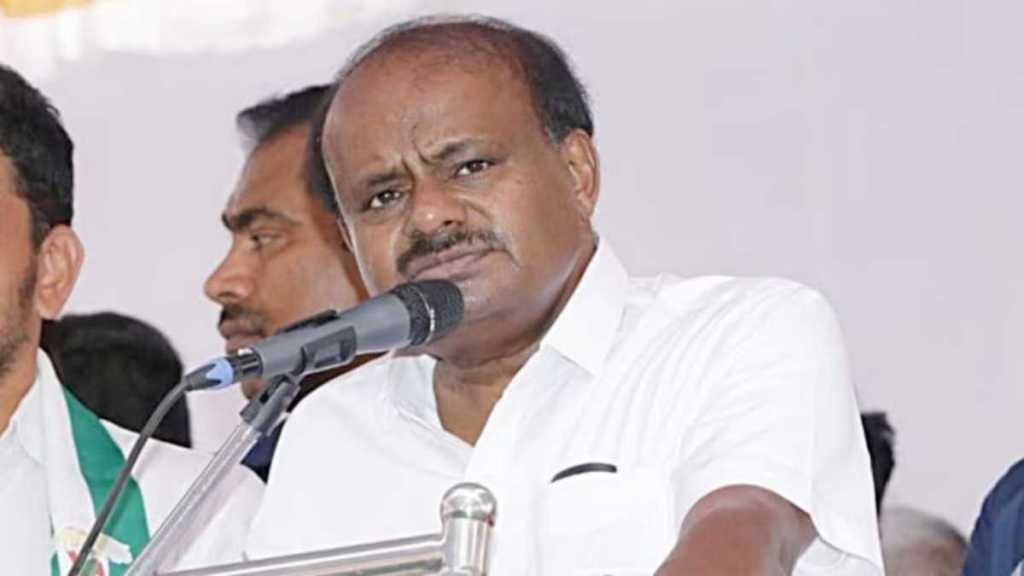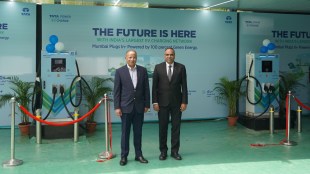India has launched a Rs 1,345 crore incentive programme to enhance domestic production of rare earth magnets, aiming to reduce reliance on China. India’s initiative responds to China’s tightened export controls on rare earth elements and magnets, where it holds over 90% of global processing capacity, causing supply chain disruptions. These magnets are vital for electric vehicles, telecommunications, and defence. Sources to Economic Times have confirmed that Union Minister for Heavy Industries, H. D. Kumaraswamy, announced the proposal for this scheme for “inter-ministerial consultations”.
Rare Earth Magnets incentive scheme: What to expect?
Ministry of Heavy Industries Secretary Kamran Rizvi stated that the draft policy for the rare earth magnet production incentive scheme has been submitted for inter-ministerial review, and the evaluation process is already underway.
The scheme will offer incentives to both private and state-owned enterprises, encouraging them to invest in the entire supply chain from mineral extraction to finished magnet manufacturing. India currently imports more than 80% of its rare earth magnets from China, making this initiative vital for national security and industrial growth.
Despite holding the world’s third-largest rare earth reserves of around 6.9 million tonnes, India has explored less than 20% of its geological potential. The government’s plan is to support several large companies to produce around 4,000 tonnes of neodymium- and praseodymium-based magnets over seven years, using locally mined raw materials. India Rare Earth Limited (IREL) will play a key role by supplying raw materials to original equipment manufacturers (OEMs).
Top Indian conglomerates gear up for magnet manufacturing
The announcement has sparked significant interest among Indian industry leaders. Automotive giant Mahindra & Mahindra, component manufacturer Uno Minda, and EV parts supplier Sona BLW Precision Forgings are among those exploring investments in local magnet production facilities. Mahindra, which is expanding its electric SUV lineup, has expressed willingness to partner with established manufacturers or secure long-term supply agreements within India. Uno Minda, a major supplier to Maruti Suzuki, has also shown keen interest in entering the magnet manufacturing space.
The government plans to open bids for 500–1,500 tonnes of annual output, mandating local sourcing of neodymium-praseodymium oxide starting from 50% and rising to 80% by the fifth year. Final investment decisions by companies will depend on the scheme’s incentive structure and access to raw materials.
This initiative is seen as crucial for securing India’s supply chains in the face of global uncertainties and for supporting the country’s rapidly growing electric vehicle and electronics industries. With the scheme’s rollout imminent, India is poised to become a significant player in the rare earth magnet market, challenging China’s long-standing dominance.




















